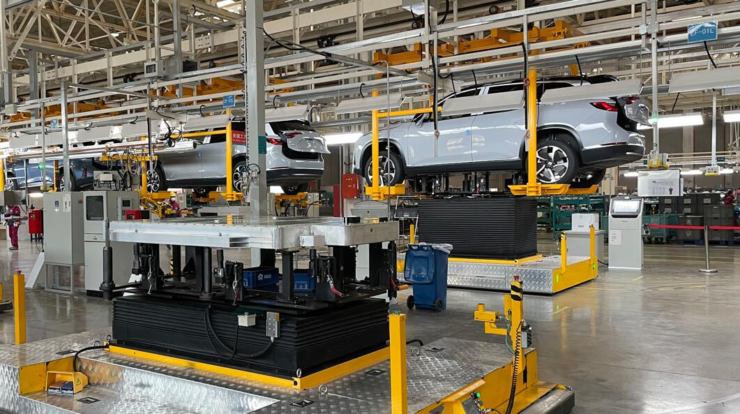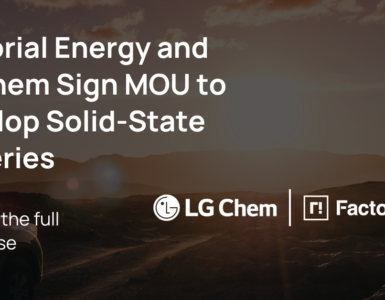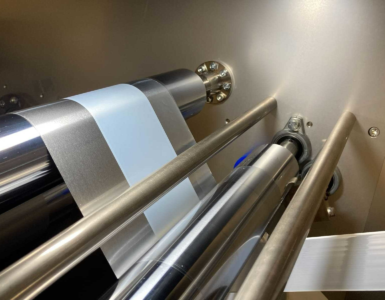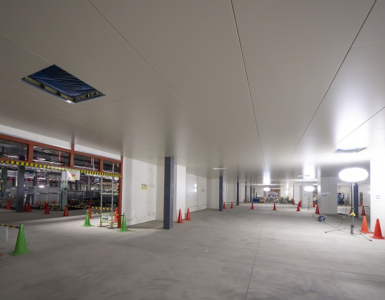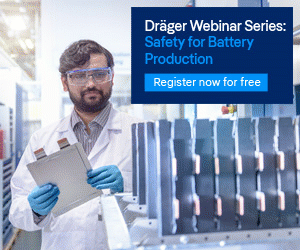NIO’s semi-solid-state battery supplier WeLion closes about $200 million in new funding.
NIO’s semi-solid-state battery supplier, Beijing WeLion New Energy Technology, recently closed a RMB 1.5 billion ($208 million) Series D financing round, adding ammunition for its further growth.
Lighthouse Capital, WeLion’s financial advisor in the financing, disclosed the deal in a November 4 press release, stating that investors in the round included China’s Mixed-ownership Reform Fund, China Securities, and Hermitage Capital.
Following the completion of the financing, WeLion will further accelerate the construction of its production line and increase investment in research and development, according to the release.
🔥 What about we co-host a webinar? Let's educate, captivate, and convert the battery economy!
Batteries News is the global go-to online magazine for the battery industry, we can help you host impactful webinars that become a global reference on your topic and are an evergreen source of leads. Click here to request more details
WeLion was founded in 2016 and is headquartered in Beijing, focusing on the development and production of hybrid electrolyte lithium-ion batteries and all-solid-state lithium batteries, according to information on its official website.
Currently, WeLion has four production bases located in Fangshan, Beijing; Liyang, Jiangsu; Huzhou, Zhejiang; and Zibo, Shandong.
WeLion has partnered with automakers including NIO and Geely, where its hybrid solid-liquid electrolyte battery with NIO is expected to start mass production by the end of this year or the first half of next year with a vehicle range of up to 1,000 kilometers on a single charge, according to the press release from Lighthouse Capital.
The company plans to achieve mass production of all key materials within the year and will further promote its products in the coming years in areas including high-end power and energy storage batteries, according to the press release.
Originally a little-known power battery startup, WeLion began to gain more attention after NIO’s 150-kWh battery pack announcement in early 2021.
Several well-known venture capital firms approached WeLion around 2018, yet most did not decide to invest in it. In the following two years, WeLion did not announce new funding for a long time, a PE Daily story in March noted.
The turning point for WeLion came in 2021, when several venture capital firms as well as private equity firms began to increase their engagement with WeLion after NIO’s event brought the solid-state battery industry into the spotlight, according to the story.
NIO said at the launch of its flagship sedan, the NIO ET7, at the NIO Day 2020 event on January 9, 2021, that the model will start getting a 150 kWh solid-state battery pack in the fourth quarter of 2022, giving it an NEDC range of 1,000 kilometers.
NIO did not reveal the supplier of the battery after announcing the ET7, but rumors of who that supplier was subsequently surfaced from time to time.
On March 27, WeLion chief scientist and founder Li Hong confirmed the cooperation with NIO at the China EV 100 forum, saying that a hybrid solid-liquid electrolyte battery with a range of 1,000 km on a single charge is planned to be launched based on the ET7.
The pack, which has a capacity of 150 kWh and an energy density of 360 Wh/kg, is expected to start mass production by the end of this year or the first half of next year, Li said at the time.
NIO had planned to start delivering the pack in the fourth quarter of this year, but during a call with analysts on September 2 following the company’s second-quarter earnings announcement, William Li, the company’s founder, chairman and CEO, said there would be a delay of several months in the delivery of the pack.
READ the latest Batteries News shaping the battery market
NIO’s semi-solid-state battery supplier WeLion closes about $200 million in new funding, November 7, 2022

